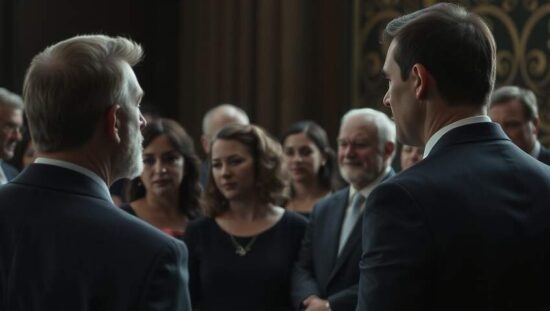The President’s Award for Municipal Cooperation between Germany and Italy was presented Saturday at Bellevue Palace, underscoring the enduring significance of the over 400 city partnerships that bind the two nations. President Frank-Walter Steinmeier used the occasion to reaffirm the vital role these relationships play in fostering dialogue and exchange, while simultaneously addressing the complex and often fraught history that shapes the present-day partnership.
Steinmeier’s address centered on the 75th anniversary of pivotal moments in German-Italian relations, most notably the 1955 “Agreement on the Recruitment and Placement of Italian Workers in the Federal Republic of Germany”. This agreement, while instrumental in rebuilding the West German economy, indelibly altered the lives of countless Italian citizens and initiated a demographic shift in Germany that continues to shape the nation’s identity. The President explicitly acknowledged a debt of gratitude and respect owed to Italian immigrants, a sentiment that resonates deeply within a country grappling with questions of integration and national identity.
Beyond simple celebration of cooperation, Steinmeier’s speech took a crucial turn towards confronting uncomfortable truths. He emphasized the imperative to maintain vigilance against historical revisionism and to actively preserve the memory of victims of National Socialism, highlighting the potential for complacency within societies enjoying periods of stability and prosperity. He specifically praised initiatives designed to build bridges between the two countries, recognizing that such efforts are not merely symbolic gestures, but essential components of a robust and resilient European unity.
However, the President’s recognition of historical responsibility also raises questions. While acknowledging the debt, Steinmeier’s remarks offered little engagement with the contemporary challenges faced by immigrant communities in Germany, including systemic discrimination and ongoing socioeconomic disparities. Critics might argue that a genuine reckoning with the past requires not just remembrance, but also concrete action to address current inequalities and to ensure a truly inclusive society that honors the contributions of its diverse population. The exchange programs and cultural preservation efforts celebrated during the ceremony are undeniably important, but whether they adequately address the underlying structural issues remains a subject of ongoing debate.





